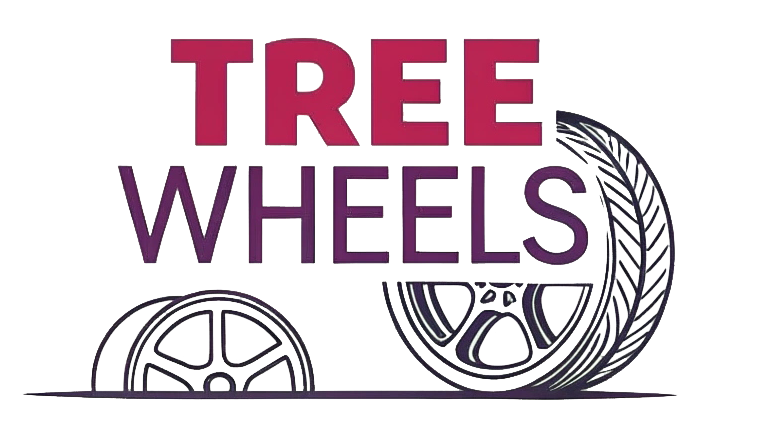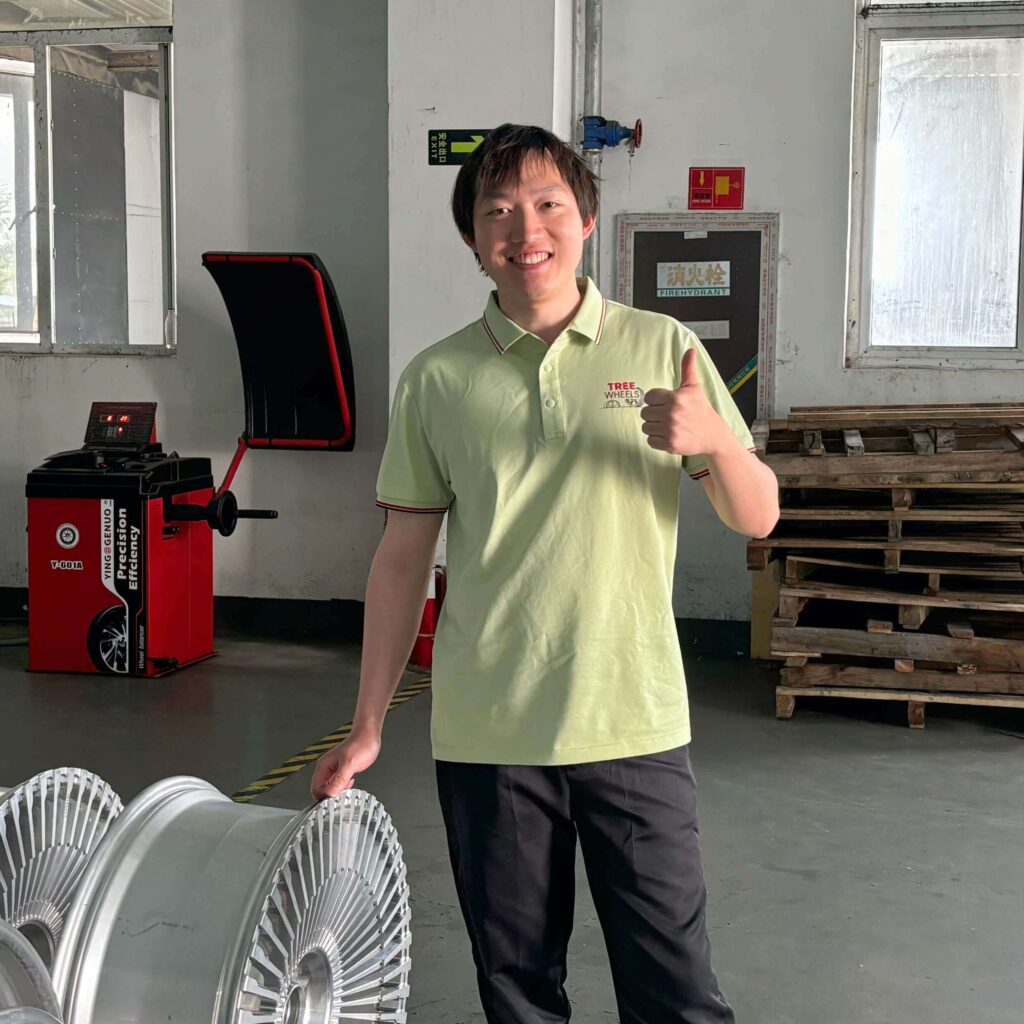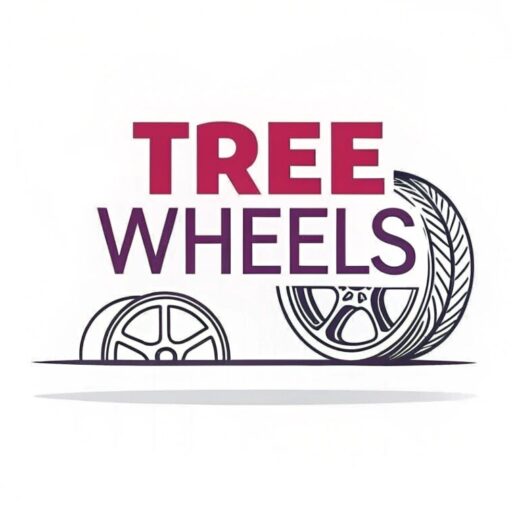When you're ready to upgrade your car's wheels, choosing the right aftermarket rims is a key decision. With so many options, it can get overwhelming. Here's what you need to know to make an informed choice.
Aftermarket wheels can significantly enhance your car's performance and appearance. But, you need to carefully evaluate factors like material, design, and price to find the best fit.

When looking at aftermarket wheels, the two main types to consider are casting and forged wheels. Casting wheels are cheaper, simpler in design, and offer great value for everyday vehicles. Forged wheels, on the other hand, are more expensive but come with superior strength and are often designed for high-performance vehicles. Forged wheels last longer and look more sophisticated, making them perfect for car modifications or racing applications. If your car is mainly for commuting, a casting wheel will likely meet your needs. But for a modified car or one used for racing, investing in forged wheels is a better choice.
How to Know If Rims Are Good Quality?
How can you tell if aftermarket rims are worth the money? The material and construction method are your biggest indicators of quality.
To judge wheel quality, consider the material, manufacturing process, and standards the wheels meet. Look for reputable brands that use high-grade aluminum alloys and follow strict quality certifications.

Quality aftermarket rims are generally made from high-grade aluminum alloys, with the most popular being 6061-T6, an aerospace-grade material known for its strength and durability. It's essential to verify the material before purchasing. Wheels manufactured using casting methods tend to be more affordable but may lack the same strength and longevity as forged wheels. Forged wheels, due to the nature of their production process, offer a higher strength-to-weight ratio and are more resistant to damage, making them ideal for sports cars or heavy-duty vehicles. Brands with ISO, JWL, or TUV certifications are typically reliable when it comes to ensuring quality control during manufacturing.
Is It Worth Getting Aftermarket Wheels?
Is upgrading to aftermarket wheels worth the investment? The answer depends on your goals for the car.
Aftermarket wheels can boost your car’s performance and aesthetics. While they can be a significant investment, the benefits in terms of handling and style often outweigh the cost.

Choosing aftermarket wheels is a great decision for car enthusiasts who want to improve both the look and performance of their vehicles. These wheels often reduce weight compared to stock wheels, which can improve acceleration, braking, and fuel efficiency. They also offer the opportunity to customize the look of your car, giving it a unique and personalized aesthetic. However, it's important to assess your car's purpose and how much you're willing to spend. If your vehicle is a daily driver, you may not need the high-end specs that racing or modified cars require.
Why OEM Wheels Are Better Than Aftermarket?
Many drivers wonder if OEM wheels are the better choice. Are they really superior to aftermarket rims?
OEM wheels are designed to fit your vehicle perfectly and come with reliable warranties, but aftermarket wheels can offer better customization and performance benefits. It depends on your needs.

OEM wheels are built specifically for your car model, ensuring a perfect fit, high performance, and typically come with a warranty. These wheels are designed for durability and safety, meeting all factory specifications. However, they often lack the customization options that aftermarket wheels provide. Aftermarket wheels give you much more freedom in terms of design, size, and material. If you're looking to enhance your car’s performance or style, aftermarket rims are the better option. On the other hand, if you're looking for convenience, a guarantee of perfect fitment, and adherence to safety standards, OEM wheels are a solid choice.
How Do I Make Sure My Aftermarket Wheels Fit?
The right fit is crucial when selecting aftermarket wheels. A poor fit can affect your car’s handling and safety. So how do you ensure that your wheels will fit properly?
To ensure a proper fit for your aftermarket wheels, verify the bolt pattern, wheel offset, and diameter with the manufacturer. These specs should match your vehicle’s requirements.

Before purchasing aftermarket wheels, check the bolt pattern, offset, and diameter of your vehicle. The bolt pattern refers to the number of bolts on the hub and the distance between them, which must match your car’s specifications. The wheel offset determines the alignment of the wheel in relation to the car’s suspension, affecting handling and performance. The diameter and width of the wheel need to correspond with your car’s tire specifications. Some aftermarket wheel sellers offer 3D models or sketches to help with fitting, which is a useful tool when you’re unsure of the exact fitment. Always consult with your manufacturer to confirm compatibility.
Quick Comparison of Wheel Types
| Wheel Type | Material | Manufacturing Process | Price Range | Best For | Pros | Cons |
|---|---|---|---|---|---|---|
| Casting | Aluminum Alloy | Molded and poured | Low | Daily drivers | Affordable, lightweight | Less durable than forged wheels |
| Forged | Aerospace-grade Aluminum (6061-T6) | Heated and shaped under high pressure | High | Racing, modified vehicles | Stronger, longer-lasting, custom designs | Expensive, heavy |
Wheel Selection Guide
-
Determine Your Purpose
- Daily Use: Consider casting wheels for affordability and simplicity.
- Racing/Modification: Opt for forged wheels for better performance, durability, and custom designs.
-
Check the Material
- Look for wheels made of 6061-T6 aerospace-grade aluminum for high strength and longevity.
- Avoid cheaper alloys if you’re looking for durability and performance.
-
Verify Compatibility
- Ensure the bolt pattern, offset, and diameter of the wheels match your car’s specifications. Use tools like 3D models or consult with manufacturers for exact fitment.
-
Consider the Price vs. Benefit
- Casting wheels are cheaper, but forged wheels offer better performance, design options, and longer lifespan. Invest according to your car’s needs and your budget.
Conclusion
Choosing the right aftermarket wheels can elevate your car's performance and style. Make sure to choose based on your needs, whether it’s affordability, quality, or customization. At Tree Wheels, we provide high-quality forged wheels that offer the perfect balance of durability and design to take your ride to the next level.



